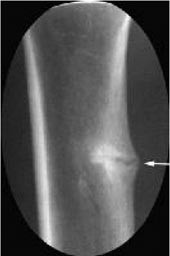Peer Reviewed
Feature Article Geriatrics
Understanding the importance of vitamin D for bone and systemic health
Abstract
There is evidence linking low levels of serum 25-hydroxyvitamin D to a number of conditions that are sensitive to vitamin D. This review outlines the importance of maintaining high serum levels of 25-hydroxyvitamin D for disease prevention.
Key Points
- Vitamin D is an essential regulator of calcium homeostasis, cellular division and immune function.
- Vitamin D deficiency can result in disorders such as abnormal bone metabolism and reduced muscle function. There is increasing evidence that inadequate levels of vitamin D can also contribute to, or exacerbate, cardiovascular disease, type 2 diabetes, cellular dedifferentiation and immune derangement.
- Levels of serum 25-hydroxyvitamin D of 50 to 75 nmol/L and above are considered optimal for maintaining good ‘overall health’.
- Adequate sunlight exposure remains the simplest effective way to maintain vitamin D levels. Exposure of around 15% of the body surface (that is, the hands, face and arms or legs) to around one-third of a minimal erythemal dose of sunlight (the amount that causes faint redness), most days is recommended for adequate endogenous vitamin D synthesis.
- In patients with a mild to moderate vitamin D deficiency, supplementation with 3000 to 5000 IU (75 to 125 µg) oral cholecalciferol per day for at least six weeks is recommended.
- In patients with severe vitamin D deficiency, higher dosages of vitamin D supplementation (above 5000 IU per day) are usually required.
Purchase the PDF version of this article
Already a subscriber? Login here.

